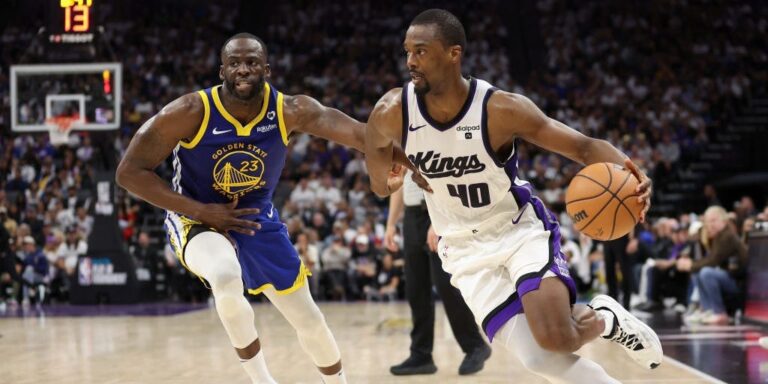Wall Street's thirst for sports trading shows no signs of slowing down, as more investors see it as a stable form of entertainment that can bring big profits but also generate concern.
Since MLB opened its doors to institutional investors in 2019, all major leagues except the NFL have followed suit. Since then, private equity firms have pumped $54.6 billion into the sport, according to PitchBook data. According to Pitchbook, two-thirds of MLB and NBA teams currently have private equity backing.
Accordingly, the reputation of the sport as a whole has soared. In 2023, a year after Walmart heir Rob Walton's group paid $4.65 for the Denver Broncos, the NFL's Washington Commanders were sold to Josh Harris' group for a record $6 billion.
In addition to the status that sports bring, there are several factors that make investing in sports noteworthy.
-
Competition from technology companies like Amazon and YouTube has driven up the price of game distribution.
-
Sports is supported by soaring media rights values, a loyal fan base, and a reliable revenue stream from advertisers who want to reach them.
-
Sports betting has created a new revenue stream for teams and media companies.
-
The easing of pandemic lockdowns has increased the value of live entertainment.
“Post-COVID, no content is more important than sports content,” Carlyle managing director Ben Fund told Business Insider. “Traditional linear TV and video providers need sports content to maintain their customer base, but the world has changed in terms of how they evaluate the performance of streaming platforms and the focus is on customer retention and customer addition. Everyone in the ecosystem needs sports to make the ecosystem work.”
This idea has brought in a new wave of investors. Some companies, like Arctos, are built entirely around sports. Big investment firms like Blackstone are getting in on the action, as are new entrants like Bluestone Equity Partners and GMF Capital.
Investing in sports teams is a long-term endeavor. Particularly because the team's values are subject to long-term media rights agreements, and there are restrictions on withdrawal. Investing in sports is typically limited to minority shareholders, although some PEs prefer to take operational control. The field of potential investors is also expanding, with Goldman Sachs helping wealthy clients invest in the team, which could push prices higher.
The league also limits PE investments, with limits on the number of teams a company can own and the percentage of ownership a fund can hold.
Some PE giants have bypassed some of these ownership hurdles and made waves in the sports world as individuals. Harris, who bought the Washington Commanders and co-founded Apollo Global Management, has invested in multiple teams with Blackstone Group's David Blitzer. Lauren Reitman and Arthur Levine, who invest through their family office and run the private equity firm Levine Reitman Capital Partners, valued the club at $113 million and paid for a controlling stake in the NWSL. acquired the San Diego Wave in the most expensive deal ever made. Team Sportico reported in March.
As private equity and sports become increasingly intertwined, some industry veterans are warning of a bubble.
Redbird founder Jerry Cardinal recently said, “There's a tremendous amount of inexperienced capital chasing sports.” “I think everyone needs to calm down a little bit. The sport needs an investment that is calm, non-emotional and not trophy-seeking.”
But others are unlikely to be deterred. Recent research supports the case for sports investing, arguing that it can deliver high returns during bull markets and may fare better than other asset classes during recessions.
This appears to be working for Arctos, who built a portfolio of minority stakes in the team believing it could improve operations. The first fund was on track to significantly outperform its peers in 2023, according to Pitchbook.
The NFL is considering opening its doors to institutional investors. Investor interest is also growing in college sports and women's sports, which are becoming increasingly commercialized.
Scroll down to read the alphabetical list of private equity firms that have made the biggest moves in sports in recent years.

